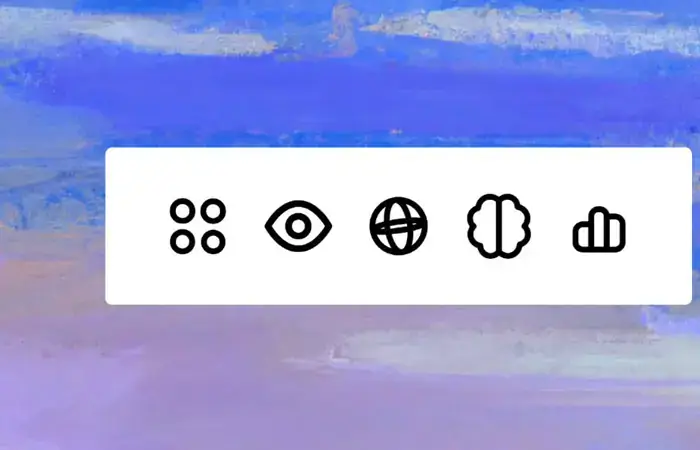OpenAI announces GPT-4o, its newest flagship model with huge improvements
2 min. read
Updated on
Read our disclosure page to find out how can you help MSPoweruser sustain the editorial team Read more

OpenAI has announced GPT-4o, an update to its GPT-4 language model that brings new features to both the free and paid tiers of its ChatGPT platform. While the functionality was amazing, the voice was breaking a lot. Moreover, the speakers deliberately spoke during the conversation to shut ChatGPT off because it was talking too much.
Previously limited to paid subscriptions, GPT-4o offers free users access to capabilities such as data and code analysis, image processing tools, and real-time language translation. OpenAI also revealed a desktop app.
While the free tier receives a significant upgrade, the paid subscription (ChatGPT Plus) continues to offer advantages. Paid users receive a fivefold increase in daily GPT-4o requests, can faster processing and access to future advanced features.
A key feature of GPT-4o is its enhanced live speech functionality. Unlike earlier models, GPT-4o can directly process speech input. This allows for more natural and interactive conversations with the AI.
When using GPT-4o, ChatGPT Free users will now have access to features such as:
- Experience GPT-4 level intelligence
- Get responses(opens in a new window) from both the model and the web
- Analyze data(opens in a new window) and create charts
- Chat about photos you take
- Upload files(opens in a new window) for assistance summarizing, writing or analyzing
- Discover and use GPTs and the GPT Store
- Build a more helpful experience with Memory
GPT-4o goes beyond conversation, demonstrating capabilities in problem-solving and analysis. The model can solve math problems step-by-step, analyze code, interpret graphs, and translate languages in real-time. Additionally, it can generate various vocal styles. So, finally, OpenAI didn’t reveal a search engine. In the future, perhaps?
Even though the product was good, it seemed unfinished. Perhaps this was Microsoft’s idea to hack Google’s I/O?
More here.








User forum
0 messages